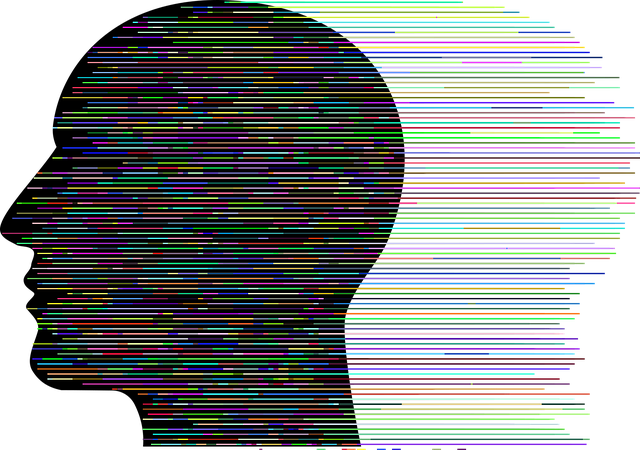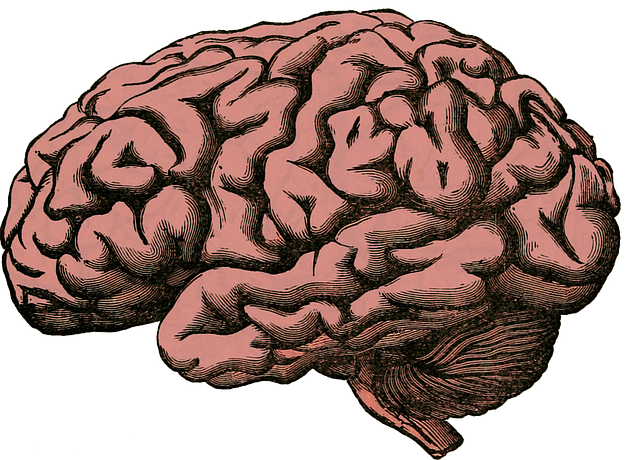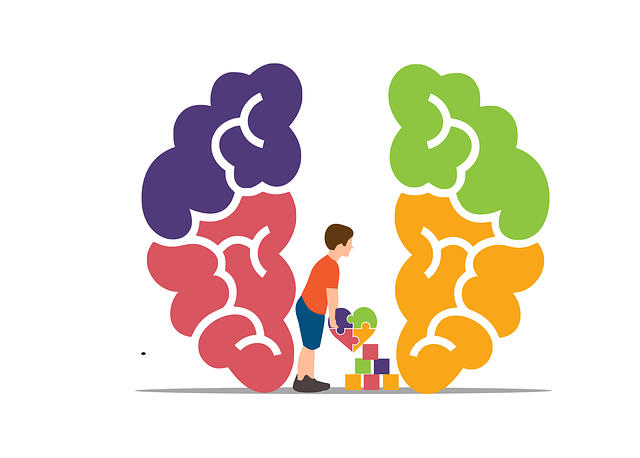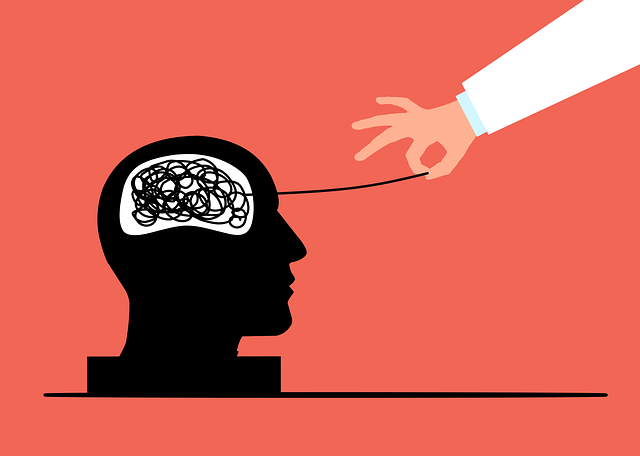Media portrayals significantly impact public perceptions of mental health, with inaccurate or stigmatizing depictions hindering access to essential services like Aurora Independent Medical Evaluations (AIMEs) and therapy. Positive change is achievable through initiatives promoting accurate media representation, aiming to educate the public, reduce stigma, and foster compassion. AIMEs, in collaboration with qualified healthcare professionals, provide objective assessments that guide media creators towards authentic narratives integrating evidence-based practices. Therapy partnerships ensure mental health journeys are accurately represented, encouraging open conversations, dispel stereotypes, and developing nuanced portrayals. Strategies like Stress Management Workshops and Self-Awareness Exercises can enhance realistic mental illness representation, reducing stigma and validating struggles for those seeking Aurora Independent Medical Evaluations Therapy.
Mental illness representation in media significantly influences public perception and understanding of these conditions. This article delves into the impact of media portrayals, highlighting how they can either perpetuate stigma or foster empathy. We examine the current state of mental health depiction in media, focusing on common misrepresentations. Introducing Aurora Independent Medical Evaluations (AIMEs) as a solution for enhancing accuracy, we explore their role in promoting realistic and nuanced representations. Additionally, we discuss therapy’s potential as a collaborative tool with media industries to drive positive change, along with advocacy strategies for more ethical mental illness representation.
- Understanding the Impact of Media Portrayals on Mental Health Perception
- The Current State: How Media Often Misrepresents Mental Illnesses
- The Role of Aurora Independent Medical Evaluations in Accurate Depictions
- Therapy as a Tool for Positive Change: Collaborating with Media Industries
- Strategies for Advocating and Enhancing Realistic Mental Illness Representation
Understanding the Impact of Media Portrayals on Mental Health Perception

Media portrayals play a significant role in shaping public perceptions about mental health and illness. The way mental conditions are depicted in movies, television shows, and news articles can influence how society understands and treats individuals struggling with these issues. When media representations are inaccurate or stigmatizing, it can lead to further marginalization of people with mental illnesses, hindering their access to adequate care, such as Aurora Independent Medical Evaluations and therapy services.
Positive changes are possible through initiatives like Stress Management Workshops Organization’s public awareness campaigns development, which aim to educate the public about the realities of mental health. By promoting accurate representation in media, we can foster a more compassionate understanding, encourage emotional healing processes, and ultimately reduce the stigma surrounding mental illness. This shift in perception may lead to increased support for those seeking help through therapy or other treatment options.
The Current State: How Media Often Misrepresents Mental Illnesses

The current state of mental illness representation in media is often characterized by misconceptions and stereotypes. Media outlets frequently depict mental health conditions as either drastic or subtle, with little nuance in between. This black-and-white portrayal fails to capture the complex spectrum of symptoms and experiences associated with various mental illnesses. For instance, conditions like depression are sometimes shown as mere moments of sadness, while anxiety disorders are often exaggerated as paralyzing fears without any understanding of their nuances. Such misrepresentations can lead to widespread stigma and a lack of empathy among the public, hindering those who genuinely struggle with seeking proper therapy or Aurora Independent Medical Evaluations.
The impact of these inaccurate portrayals extends beyond entertainment value; they influence societal perceptions and even shape Mental Health Policy Analysis and Advocacy efforts. When media fails to portray mental illnesses authentically, it can discourage people from discussing their experiences openly and pursuing the necessary Anxiety Relief strategies. This perpetuates a cycle where individuals suffer in silence, lacking the support they need to develop inner strength and overcome their challenges. By promoting accurate representations, media has the potential to foster a more compassionate society that understands and embraces diverse mental health journeys.
The Role of Aurora Independent Medical Evaluations in Accurate Depictions

Aurora Independent Medical Evaluations (AIMEs) play a pivotal role in promoting accurate and sensitive representation of mental illness in media. These evaluations provide an objective assessment of an individual’s psychological well-being, offering insights that can shape more realistic portrayals on screen. By involving qualified healthcare professionals, AIMEs help media creators to understand the nuances of various mental health conditions, fostering authenticity in their narratives. This approach ensures that audiences receive a more accurate depiction, reducing stereotypes and promoting empathy.
Incorporating AIMEs into production processes allows for the integration of evidence-based practices such as therapy and mindfulness meditation. It encourages the exploration of positive thinking and burnout prevention strategies within storylines, showcasing the importance of mental well-being. Ultimately, this collaborative effort contributes to a more responsible and impactful representation of mental illness, reflecting the diverse experiences of individuals in search of support and understanding.
Therapy as a Tool for Positive Change: Collaborating with Media Industries

Therapy plays a pivotal role in challenging negative representations of mental illness in media, offering a powerful tool for positive change. By collaborating closely with media industries, therapists can provide insights into the nuances and complexities of various conditions. This partnership enables the creation of more accurate and empathetic narratives, fostering understanding and reducing stigma. For instance, Aurora Independent Medical Evaluations Therapy specializes in providing expert assessments and treatment plans, ensuring characters’ mental health journeys are portrayed authentically.
Through crisis intervention guidance and stress management workshops, organizations can equip media creators with the necessary tools to navigate sensitive topics responsibly. Additionally, incorporating compassion cultivation practices into storytelling can promote emotional resonance and encourage viewers to seek support. This collaborative approach not only enhances media representation but also contributes to a broader culture of mental health awareness and care.
Strategies for Advocating and Enhancing Realistic Mental Illness Representation

To advocate for and enhance realistic mental illness representation in media, several strategies can be employed. Firstly, promoting Mental Health Awareness through initiatives like Stress Management Workshops Organization can foster understanding and empathy among the general public. These workshops can educate people on various mental health conditions, dispel stereotypes, and encourage open conversations. Additionally, integrating Self-Awareness Exercises into media content creation processes can help professionals develop more nuanced portrayals of mental illness.
By incorporating these strategies, media platforms can move away from simplistic or exploitative representations towards accurate, empathetic, and diverse depictions. This shift is crucial for promoting better understanding and supporting individuals seeking Aurora Independent Medical Evaluations Therapy. Realistic representation not only helps in reducing stigma but also ensures that those struggling with mental health issues find validation and see potential pathways to recovery reflected in media narratives.
Mental illness representation in media has long been a cause for concern, but through collaborative efforts involving therapy and accurate evaluations like those provided by Aurora Independent Medical Evaluations, we can challenge misinformed narratives. By advocating for more realistic portrayals, we not only enhance public understanding of mental health but also foster positive change within media industries. Strategies discussed, including the integration of therapy in creative processes, serve as vital tools to ensure mental illness is represented with sensitivity and authenticity, ultimately improving mental health perception and support systems.














